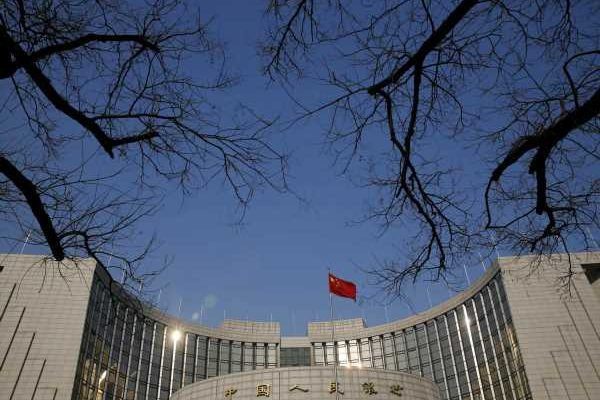With low borrowing costs in euros, China sold bonds in three batches which borrowers took advantage of that ended up with investors placing bid for more than €19.5 billion.
Refinitiv data shows yields on 10-year German bonds are at minus 0.31% on Nov. 5, while those on corresponding U.S. Treasurys are 1.82%.
On Nov. 5, China released €4 billion ($4.45 billion) of bonds due in seven, 12 and 20 years.
One of the banks said the deal was split into three groups with €2 billion of seven-year debt with a yield of 0.197%, €1 billion of 12-bonds yielding 0.618% and another €1 billion of 20-year bonds with a yield of 1.078 %.
Todd Schubert, head of fixed-income research at the Bank of Singapore Ltd. said that choosing to sell euro bonds lets the Ministry of Finance (MOF) diversify its funding sources and even investor base, needed as a security measure in the prolonged trade issues between China and the US.
People knowledgeable with the matter said that when it comes to the combined order book, some 3.7 billion euros came from the joint lead managers on the deal.
To target the world's largest pool of liquidity, for the past decade, banks and companies have mostly issued global bonds in US dollars.
However, for the past two years, China only issued US dollars in foreign-currency bonds with $3 billion of dollar debt sold in 2018 and $2 billion sold in 2017.
Dealogic data shows that so far this 2019, $180 billion of such debt got sold while there's only €7.7 billion in euro-denominated debt.
Some bankers in Asia said that Chinese borrowers are starting to think about cutting heavy reliance on dollar funding.
Likewise, the bankers added that some issuers are worried that US investors might, in the future, get pressured to avoid Chinese debt.
Jason Pang, a portfolio manager at J.P. Morgan Asset Management said that in 2019, the yuan has tracked the euro more closely with both of them falling against the dollar.
This supports the stand of Chinese issuers to borrow in euros to reduce their foreign-exchange risks, Pang added.
Tay Ek Pon, a senior emerging-market debt fund manager at BNP Paribas Asset Management, said that since China has no sovereign bonds in euros outstanding, this scarcity will boost investor demand and boost the bonds' performance once they start trading.
The joint lead managers and bookrunners for the Nov. 5 euro deal are Bank of China Ltd., Bank of Communications Co., BofA Securities, Citigroup Inc., China International Capital Corp., Commerzbank AG, Crédit Agricole CIB, Deutsche Bank AG together with HSBC Holdings Plc, Societe Generale SA , Standard Chartered Plc and UBS AG.





